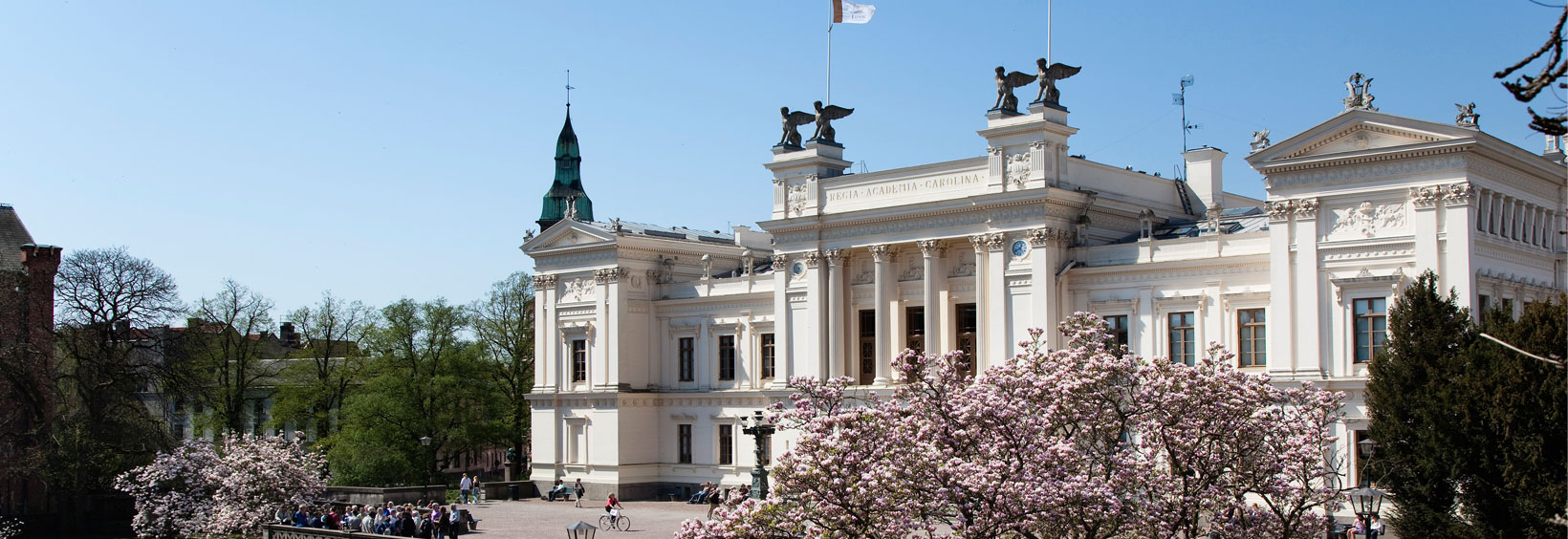THIS PROJECT HAS BEEN FUNDED!
See the results of your generous donations at Lund University’s Witnessing Genocide Portal
The foundation has launched the Ravensbrück Archive Project as one of its fundraising initiatives. The archive material is unique as it consists mainly of systematic interviews with holocaust survivors shortly after they arrived on the white buses to Sweden.
Ravensbrück, situated approximately 90 km north of Berlin, was a concentration camp primarily for women and children. Between 1939, when the first women were transferred to the camp, and 1945, over 130,000 prisoners passed through Ravensbrück and its satellite camps. Many died. For posterity, details of life and suffering in the camps have been kept in Lund University’s Ravensbrück Archive. The Archive includes more than 500 handwritten interviews with survivors, just after they arrived in Sweden after being liberated. The archive contains not only accounts from Ravensbrück but from many other concentration and labour camps as well. Many of the survivors stayed in Sweden and some emigrated to Israel or the US. Some would never again speak about their experiences.
Zygmunt Łakocinski (1905–1987), a lecturer of Polish at Lund University, worked as an interpreter when more than 21,000 evacuated camp prisoners arrived to southern Sweden in white buses. Together with the historian Sture Bolin, he formed a committee dedicated to systematically document the experiences of the former concentration camp prisoners. Financial support from the Swedish government helped launch the project in October 1945 and interviews were carried out for a period of one year.
In addition to interviews, the Archive, which is mainly in Polish, consists of other types of documents such as prisoners’ notebooks, diaries, letters, poems, recipes, photographs, drawings, and official Nazi documents from the concentration camp such as lists of prisoners, block books (maps of the camps with lists and registers of the names of those who lived and died in the various buildings), and transcripts of protocols and original documents from the Ravensbrück trial in Hamburg in 1946–47.
Between 1949 -1972 the Ravensbrück Archive was stored at Stanford University for fear that the Archive would be destroyed if left in Europe. It returned to Lund in 1972 to Lund. In 2004, the Ravensbrück Archive was officially donated to Lund University Library by the heirs of Zygmunt Łakocinski.
The Ravensbrück Archive is in every sense a very international archive and provides a critical link to the history of the Holocaust. The library gets requests almost every week from children and grandchildren of survivors around the world who want more information. Lund University strongly feels that there is an obligation to make this material accessible to the descendants of the survivors, interested parties, and researchers alike.
The Campaign
We need your help in order to make the Ravensbrück Archive accessible to everyone. Lund University seeks to catalogue, digitize and translate the material. In phase 1, everything will be catalogued and digitized, then half of the interviews will be translated, and published on a searchable website.
In phase 2 the remaining interviews will be translated and published. In phase 3 the university intends to curate a travelling exhibit. The estimated cost of phase 1 is $310 000 and phase 2 is $120 000. The cost of phase 3 depends on the results from phase 1 and 2.
We appreciate any donation, regardless of amount, which will help us to preserve, digitize and make accessible this important piece of history for generations to come. Please help us preserve the Ravensbrück Archive and the memories of those who suffered and perished in the Holocaust.
Endorsements
”Ravensbruck Concentration Camp was built to house primarily women and children. Anything that can be done to document the atrocities that occurred there must be done! We thank the people of Sweden for their unyielding support of Jewish and other Ravensbruck refugees after WWII.”
U.S. Congressman Henry Waxman
Congressional Liaison to the United States Holocaust Memorial Museum
”We must never forget the sad and unimaginable lessons of the Holocaust. Once translated, Lund University’s Ravensbrück Archive will allow us to educate generations to come.”
Rabbi Steven Carr Reuben
Kehillat Israel
Former President of the Board of Rabbis of Southern California
”Holocaust evidence is becoming increasingly fragile and scarce. The Ravensbrück Archive is a revelation that will help to teach history and prevent it from repeating itself.”
Holli Levitsky
Founder and Director of the Jewish Studies Program
Professor of Holocaust Studies at Loyola Marymount University
”This Ravensbrück Archive is a lost treasure. Its translation and preservation offers an opportunity to reclaim an important slice of history and worthy of exhibition at the L.A. Museum of The Holocaust.”
E. Randol Schoenberg
President, L.A. Museum of the Holocaust
Further Information
Click here for a printable pdf brochure on the project.
For further information contact Robert Resnick, Chair, LUF Ravensbrück Campaign Committee. <robert.resnick@lunduniversityfoundation.org>

